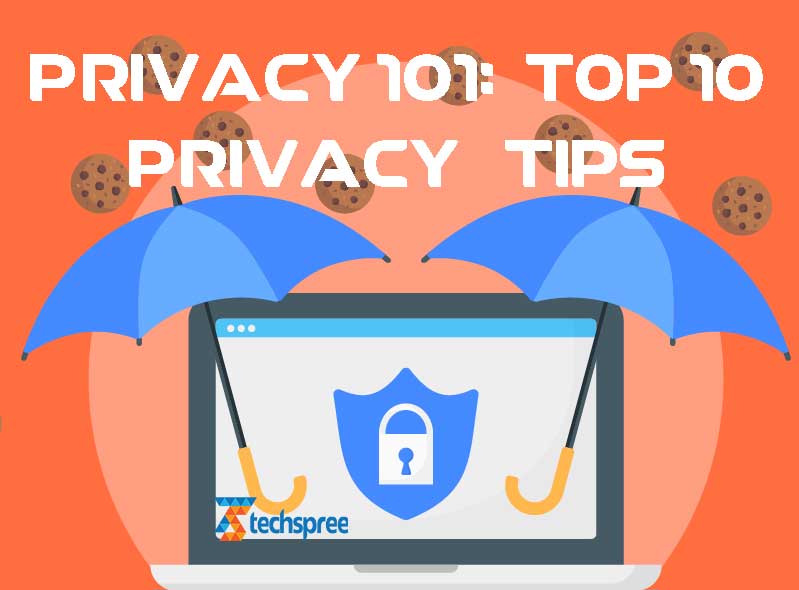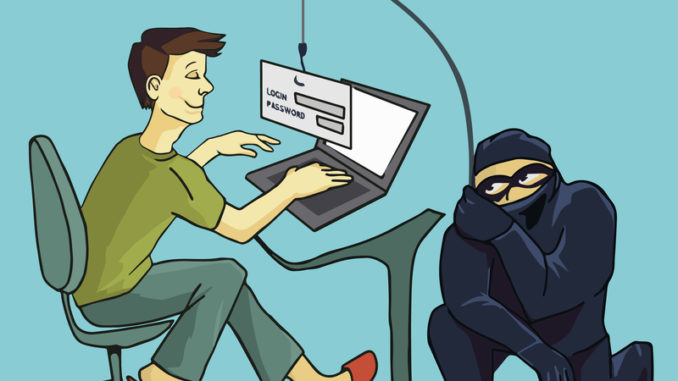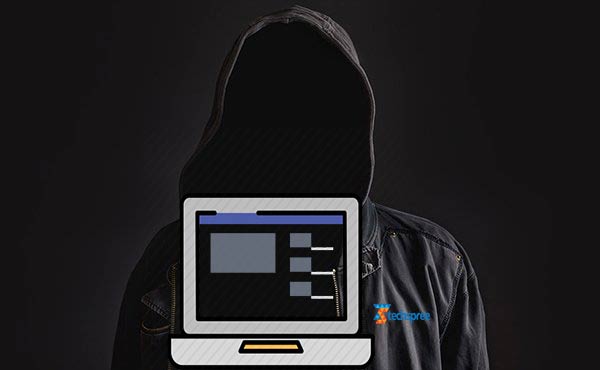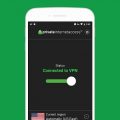The internet is a hub for all activities these days. Financial transactions, entertainment or educational tasks are just a few of the things we can perform online. More than three billion of the world’s population now has access to the internet. In the developed countries, the internet penetration is as high as 81%. Keeping our reliance on the World Wide Web in mind, these statistics are hardly surprising. With the enormous benefits though there are few demerits of the internet as well. The biggest of these disadvantages is the threat to individual privacy. As most of your information is now available online and the general level of security is not adequate, the responsibility of protecting yourselves is great. There are several ways in which this can be ensured. Top 10 ways to protect your privacy are as follows:
1. Remember to log out
Physical access to online accounts is one of the biggest threats which individuals face today. Since the use of social media accounts like Google and Facebook is quite extensive, you sign in at various places but forget to sign out. This means that anytime someone opens the browser on that particular device, they are instantly greeted by your account with complete access. Many of us face this problem quite frequently yet we still fail to log out after using personal accounts on public devices. Make sure that you log out of all devices after using these accounts. Also take care when handing your personal device to random people as this puts individual privacy at risk.
2. Don’t access confidential accounts on public networks or devices
For different people there are various types of information which is sensitive. It may be social media profiles and emails or other family details. Financial data like credit cards and PayPal accounts are definitely confidential for all of us. Depending on this, the accounts which need to be kept confidential must not be accessed on public devices or networks. Unless you trust the service provider or owner of the device completely, it is recommended to avoid this practice. Even when you think they are reliable make sure that you are extremely vigilant. Public devices and networks are not secure which means that information can be hacked off them quite easily. This puts any sensitive data at immense risk.
3. Use a VPN
Location tracking through IP addresses is quite easy these days. Moreover, internet service providers use them to keep track of your browsing sessions and the information being entered online. A credible VPN deals with both of these problems for you. Instead of your IP address going directly to the local ISP, it is routed to the secure servers of VPN service providers. Programs like Ivacy have upwards of about a thousand servers in more than one hundred countries. The IP address is sent to your preferred server and then received by the local provider making it impossible for them to know your exact location and browsing data.
Choose a VPN service. Our Recommendation would be Ivacy VPN for obvious reason. Ivacy VPN is fast, secure and protects your privacy. Buy the subscription. Recommended is it’s 2 Year package as you will save more bucks than monthly subscription. And finally install the VPN software on your MAC, PC, Android, iPhone etc. From now on, there is not anyone that can snoop on your online activities. So, you can rest assured of your privacy and your online life is now protected.
Ivacy VPN doesn’t keep any log of user data which means that all your information remains secure with you only. With amazing speeds and a number of accolades for quality of service, Ivacy VPN is one of the premium services available on the market today. The service also offers attractive pricing packages which make secure browsing even easier.
4. Be wary of services asking for your details in exchange for information or prizes
The practice began with clickbait to get people to watch certain content but now it is being used for more harmful purposes. Many pop-ups on the internet are asking users to fill certain surveys in exchange for coupons or prizes. These links are not always legitimate. Many times, it is an attempt to gather email address or contact information to create marketing directories which can be sold to companies. In other instances it can also be used to prompt unwanted downloads containing viruses or other damaging content. There are a lot of ways in which these services phish for sensitive details allowing them to invade individual privacy quite substantially. If you end up entering important details at a website of this sort, the consequences can range from being spammed with marketing email to identity theft and false personation.
5. Be careful when sharing your location
This is more of a threat on mobile devices. Almost every application requires you to allow access to location services for one reason or another. A user location can provide lots of information regarding their whereabouts while they are on the move, residential address or place of work etc. For some services, we allow them to track our location but others can use our IP addresses to tell where we are located. Google, for instance is using geolocation to display homepages with relevance to the country of origin of the query. In cases of reliable applications, location tracking might not pose a serious threat but imagine cyber-criminals getting hold of private details like your home or work address. The results sometimes can be quite catastrophic.
6. Don’t interact with suspicious emails
Emails are now the most common medium for phishing and spoofing scams. In 2018, ransomware became a huge nuisance causing billions of dollars’ worth in damages. This included multinational corporations and individual users alike. Ransomware was sent to these systems through email attachments with credible formats like Microsoft Office etc. Users downloaded these attachments out of curiosity and immediately, their private details start becoming encrypted. Ransomware, as the name indicates, holds information for ransom. You pay the demanded amount and retrieve your data. This is just one of the consequences which interact with suspicious emails might bring. Some random surveys might collect data from you and use it in various ways which might not be legal. Therefore, make sure you verify the sender of the email and only read those which you can completely trust.
7. Use a strong password
Most accounts require users to set alphanumeric passwords for added security. There is a reason for this. Simpler passwords may be easy to remember but they are vulnerable to hacking. The harder the password the harder it is to guess. It might be hard to remember but there are number of ways to make sure that you don’t forget a password. The most secure is to keep it in an application which comes standard in your phone like the notes app. This is the safest option. This application can be encrypted so that it requires a passcode or fingerprint scan to unlock.
8. Manage your cookies
Websites are becoming more and more powerful because they have to cater to lots of information. In order to maintain customer attention levels through fast browsing, some websites store chunks of data on your computer. This is usually the information which will be used repeatedly. So, instead of loading it from the website’s server every time, it is picked up from the computer. As a result, browsing becomes seamless. These chunks of data are known as cookies. As you might have guessed, once the cookies are stored in your computer, they have the ability to infect the system if they contain a bug or virus. Use your browser settings to always ask permission before allowing storage of cookies. Avoid cookies from all websites except those which are absolutely reliable.
9. Browse anonymously
The US government repealed net neutrality last year making user browsing sessions and sensitive information open to scrutiny without intimation. The IP address of user is always visible to internet service providers and government agencies which mean they can keep track of anything you do. Also, other services like HBO, for instance, are using location services to block their services to anyone outside the US. This can become a huge inconvenience for people at times. Using a VPN and masking your identity is the easiest fix to this problem.
10. Be careful what you share online
Facebook recently came under fire for the inappropriate use of information from people registered on the platform. This act exposed that the things we share online are susceptible to misuse. This is why it is imperative that users be careful about the things that they post online. Details picked from the internet can be misused in a number of ways. Sometimes we are not even aware of this and it only dawns upon us when it is too late. Much like the real world, the internet is full of possibilities. It adds ease and feasibility into our lives but there are malicious elements which use this platform to harm the society. Governments also try to regulate the internet due to several reasons. At times this results in ordinary people having to bear excessive brunt. Privacy is one of the basic rights of every individual but in recent times, it is one out of many which have gone out of reach. It is thus, up to us to ensure that we keep ourselves and our families safe from these elements.





![]()








